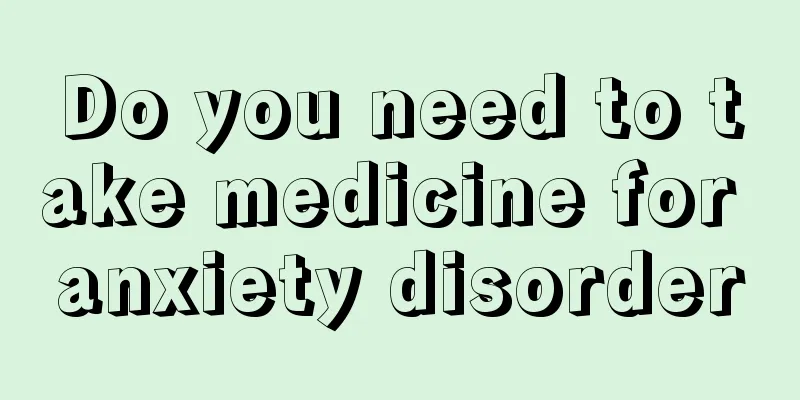What are the treatments for Middle East Respiratory Syndrome

|
When it comes to the treatment of Middle East Respiratory Syndrome, we should pay attention to understanding scientific methods, because this disease can actually directly threaten people's lives and health. At the same time, prevention work is also very important. We should pay attention to personal hygiene, and pay attention to treatment for colds, runny noses, and coughs. 1. Treatment In December 2013, Professor Kwok-Yung Yuen of the State Key Laboratory of Emerging Infectious Diseases at the University of Hong Kong demonstrated for the first time in the Journal of Infection that mycophenolic acid has in vitro antiviral activity against the novel MERS-CoV, and suggested that interferon-β1b and mycophenolic acid should be considered as experimental treatments for Middle East Respiratory Syndrome (MERS). However, there is still no vaccine to prevent MERS. Of the 47 patients, 42 (89%) were admitted to the intensive care unit and 34 (72%) received mechanical ventilation. The average duration of mechanical ventilation was 7 days, and the average time to death was 14 days. Most patients received oseltamivir and antimicrobial agents covering common community-acquired pneumonia pathogens. Five patients received empirical treatment with fluconazole, two with corticosteroids, five with ribavirin, one with interferon-α, and five with immunoglobulin. 2. Prevention Since treatment is difficult, prevention must make sense. According to the recommendations of WHO and China's National Health and Family Planning Commission on the prevention and control of Middle East Respiratory Syndrome: 1. People planning to travel to the Middle East should pay attention to personal hygiene and hand hygiene, try to avoid close contact with people with respiratory infection symptoms, avoid contact with animals and their excrement, use disposable paper towels and wash hands, reduce contact with local people, pay attention to coughing etiquette, and cover your nose and mouth when coughing and sneezing. 2. People entering from the Middle East who have fever or respiratory symptoms such as runny nose, cough, sore throat, etc. should proactively inform border inspection and quarantine personnel, cooperate with quarantine and seek medical treatment in a timely manner. Within 14 days of returning to the country, if you develop a fever or respiratory symptoms, you should wear a mask and seek medical attention as soon as possible, and avoid taking public transportation to the hospital. You should actively inform medical staff of your recent travel history and local exposure history so that you can get timely diagnosis and treatment. |
<<: How to prevent sebaceous cysts
>>: Will Mongolian spots go away? Parents are most worried about
Recommend
Principles of staging treatment for prostate cancer
For prostate cancer, the most common staging meth...
Average life expectancy in late-stage liver cancer
That is because the awareness of liver cancer pre...
How harmful is glioma to humans?
Glioma is a common intracranial malignant tumor i...
How to quickly remove acne
For some closed comedones, it is very painful to ...
Which is better for anti-inflammatory, intravenous injection or enema
In many cases, there are multiple treatment metho...
What are the causes of prostate cancer? What are the causes of prostate cancer?
In the past, many male friends may have rarely he...
Do electric ear cleaners hurt your ears?
In order to get the dirt out of the ears, people ...
How long does it take to get out of bed after half of the thyroid cancer is removed
If a thyroid cancer patient undergoes a hemisecti...
What are the diet recipes for esophageal cancer
The incidence of cancer in modern society is alre...
Do you have leucorrhea during pregnancy?
There are often some milky white secretions in wo...
There are bubbles in the honey
Most people are afraid of buying fake honey becau...
Can I wash my face with salt water?
We are under great pressure in our lives, and wit...
How to treat gastrointestinal metaplasia
Gastrointestinal metaplasia, also known as intest...
Classification of street dance types
Everyone should have seen the dance form of stree...
What are the benefits of polarized sunglasses
Sunglasses are also an indispensable pair of eyes...









